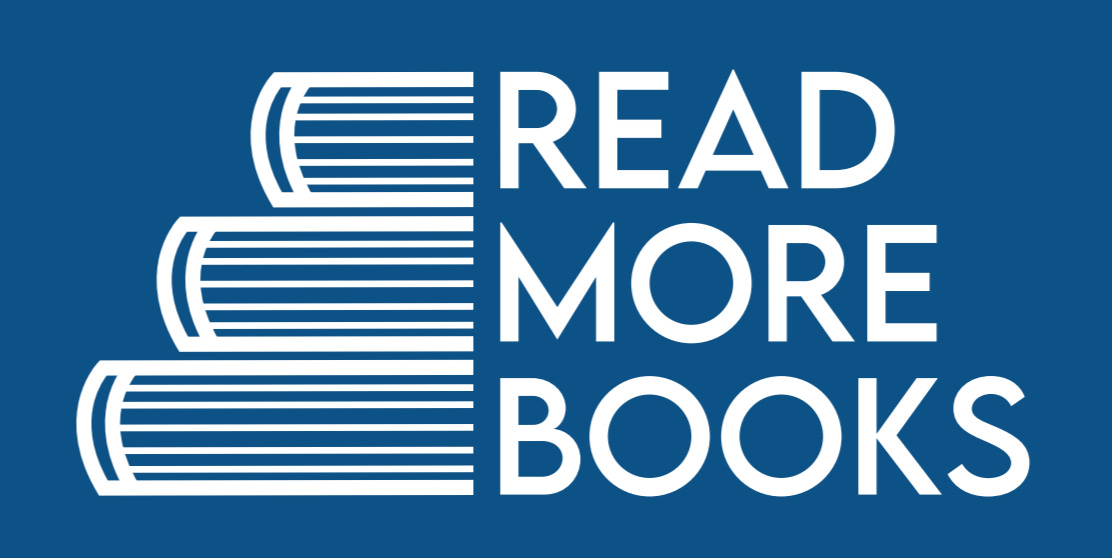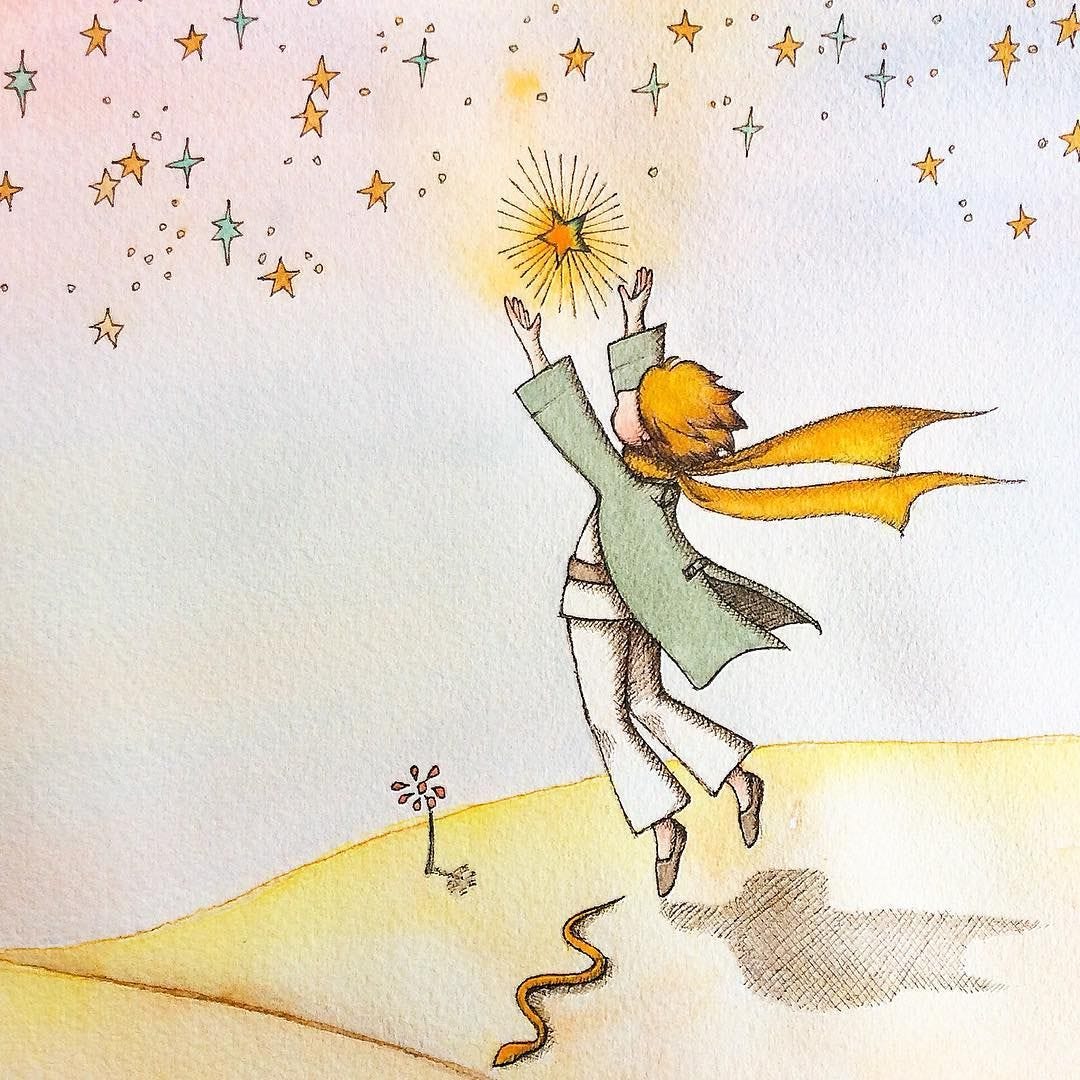What to Read Next (No. 249): The Art of Translation
Happy Friday, readers!
Today I’m featuring and oldie and a newbie that each bring readers across the world — across worlds, really — in fun and unique ways.
But first let me introduce The Big Read pick for November and December.
Let’s jump in, and don’t forget to let me know what you’re reading and enjoying!
The Big Read: Endurance — 3 Reasons to Read This Classic Book
While we’re wrapping up The Big Read: Frankenstein, I’ve been prepping for The Big Read: Endurance, which will begin in just two weeks. Below are a few reasons to read this mid-century classic here in 2022. Reading will begin on November 5 and continue through December 17. We’ll then take a two-week break before starting in on Lonesome Dove.
When Endurance was first published in 1959, it wasn’t an instant classic, or even a bestseller for that matter. Even though Alfred Lansing’s debut book received good reviews and earned a Book of the Month selection, Endurance actually went out of print pretty quickly and wasn’t rediscovered until decades later.
In 1986, an intrepid publisher named Kent Carroll remembered the book that he loved as a child, bought the rights, and republished Endurance. It quickly found a new audience and remains in print to this day, selling many thousands of copies each year. Given Ernest Shackleton’s excellent reputation as a leader and the business and management craze within publishing in the 80s and 90s, it’s no surprise that the book found another life.
Here’s a few reasons why the book has endured this time around and why you should give it a read yourself:
1. Endurance set the stage for every outdoor adventure and survival book that came after it.
There were plenty of adventure books published before 1959, but few had the narrative power of Endurance. The format and declarative style Lansing used in describing Shackleton’s exploits would be copied by authors and adventurers for decades to come and his lasting influence is easy to find within this niche of non-fiction books.
2. This expedition’s story stands out in a genre flush with incredible stories.
I’ve read a lot of survival and adventure books in the last 10+ years. At times, it can feel like they’re a dime a dozen. Every superlative-laden title promises a more extreme story than anything you’ve read before. While it’s remarkable what people can live through, my hot take for the genre is that not every survival story requires a memoir. There are only a few that truly stand out from the pack for their sheer jaw-dropping unbelievability. Endurance is one of them.
3. Lansing’s focus on the psychology of resilience offers lessons for everyone.
One of the things about Endurance that really stood out was how well Alfred Lansing probed the interior thoughts and feelings of the men on the expedition (who, Lansing notes, were very ordinary men and not “supermen”). Science has shown again and again that survival and resilience are almost entirely a matter of psychology rather than physiology. Lansing’s scrupulous study of an antarctic expedition gone wrong has surprisingly relevant takeaways for life in the 2020s.
Though the writing is straightforward, what’s interesting about reading this book in a group is how personal the takeaways can be. Everyone has different experiences with stress and hardship — both physically and emotionally — and brings a unique perspective to any discussion in that realm.
Join us in November and December!
Babel: Or the Necessity of Violence: An Arcane History of the Oxford Translators' Revolution by R. F. Kuang
This is not your average novel. (The title alone — which is a nod to Dickens — might have clued you into that.) R. F. Kuang, who holds advanced degrees from a variety of eminent institutions, delivers not only an engrossing story, but an entertaining education into the art of translation.
This fantasy + historical fiction story is set in 19th century Oxford. Four young students — with orphaned Robin Swift at the center — are learning the alchemic art of injecting magic into bars of silver. The problem, which quickly becomes evident, is that translation is often used as a tool of imperialism (Kuang nearly beats us over the head with this fact).
Through the professors at Babel (the fictional Oxford school of translation/magic), Kuang also gives readers a number of fascinating lectures on etymology (the origin of words), the limitations of translation, and, most importantly for colonialist England, how to use the magic of silver to make boatloads of cash.
Our four young students learn the hard truths early in their education and devise ways to fight back.
The good: Kuang turns the metaphorical power of language and words into a thought-out system of magic in a very imaginative way.
The bad: Kuang’s characters and plot started incredibly promising, but ended up flat in the second half. The first half breezed by but then I struggled to finish it and wasn’t thrilled with the ending. The premise is just a bit better than the 500-page execution.
It won’t be for everyone, but Babel was an inventive and engaging ride, even if it slowed a bit towards the end.
The Little Prince by Antoine de Saint-Exupéry
Written by a famed French aviator, The Little Prince is often referenced as one of the most cherished children’s books of all-time. It’s also among the best-selling and most translated books of all-time (into over 500 languages — that’s so many!). And yet here I am, reading it for the first time in my mid-thirties.
I don’t know what compelled me to read this one with my 7-year-old, other than randomly perusing one of my favorite book lists — PBS’s Great American Read — and basically thinking, “This would be a fun one to read with Graham and will be easy to check off that list.”
Sometimes, that little bit of Whim is all it takes to discover a new favorite book.
The story opens with a pilot who has crash-landed in the Sahara desert. He comes across a little boy who quickly reveals himself to be from another world. The boy tells this aviator of his travels to and from other planets, which includes lovely, lyrical observations about love, friendship, meaning, solitude, and belonging.
Though my son lost interest after a few chapters, I was enthralled. The original illustrations were a delight, the short chapters were full of wisdom and short little proverbs, and the little boy’s search for a friend will resonate not only with kids (except mine, for now), but with their adults too. It reminded me of The Boy, the Mole, the Fox and the Horse, in all the best ways.
Among the classic children’s books I’ve read, The Little Prince immediately found its place among my favorites and is absolutely worth reading for adults too.
That’s all for me this week! Thanks so much for the time and inbox space. I deeply appreciate it.
-Jeremy





